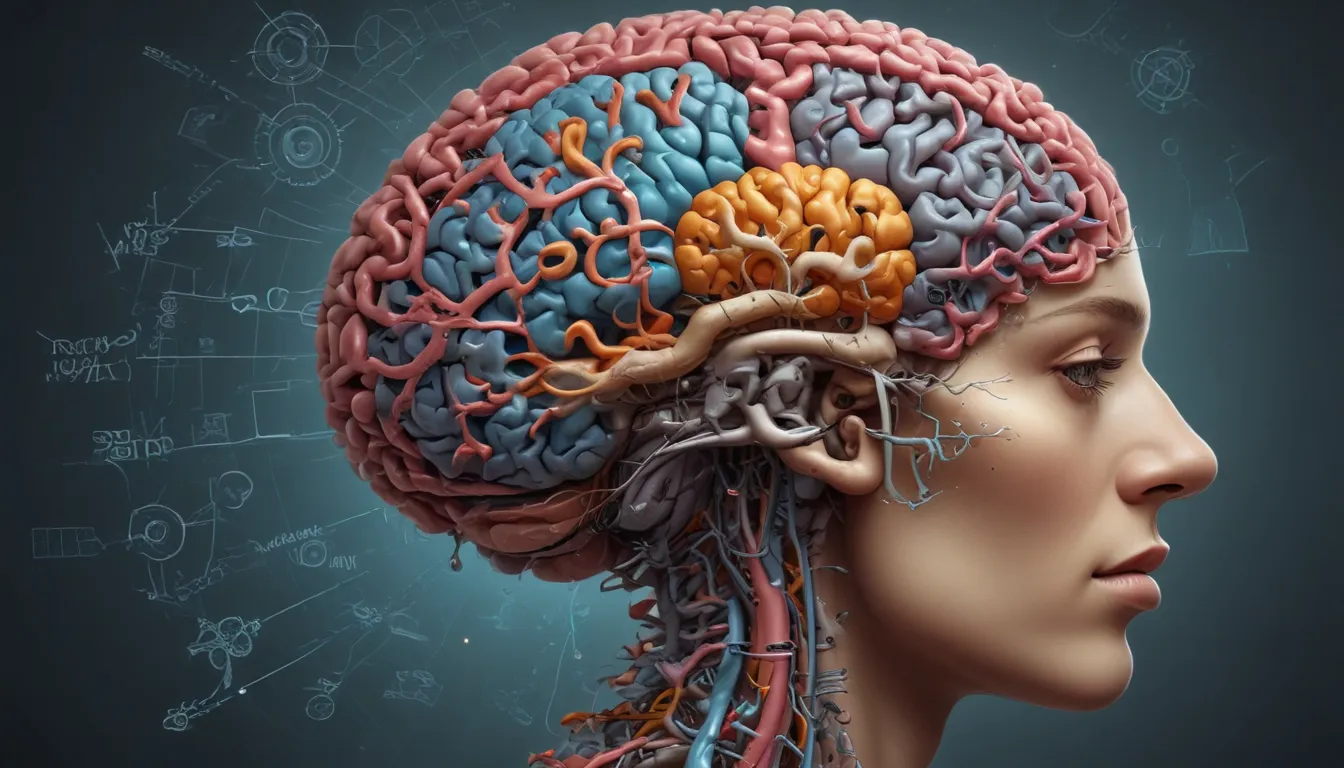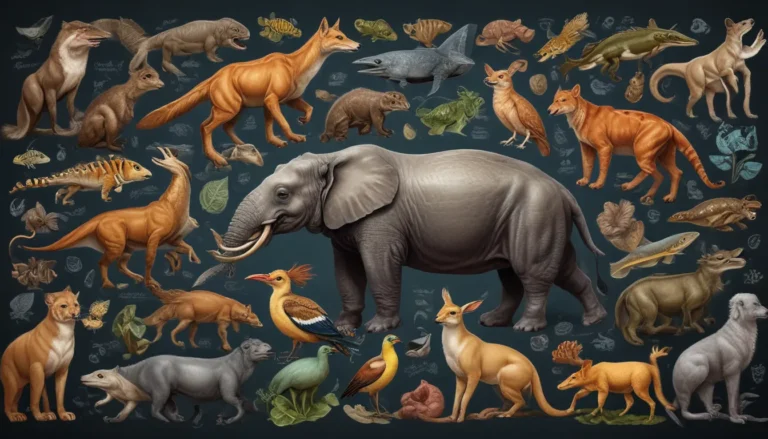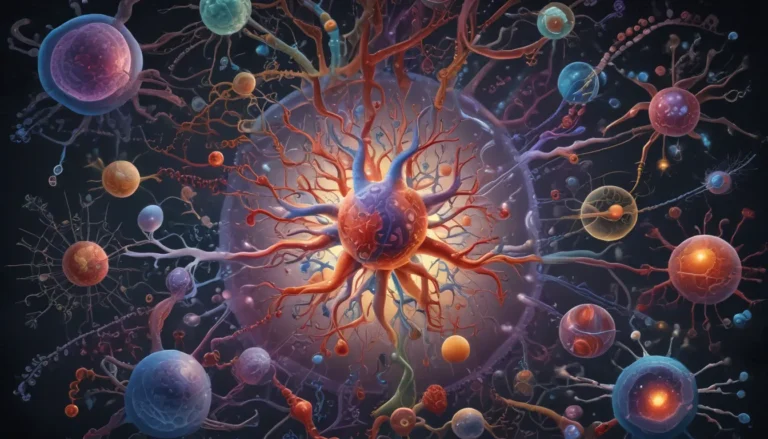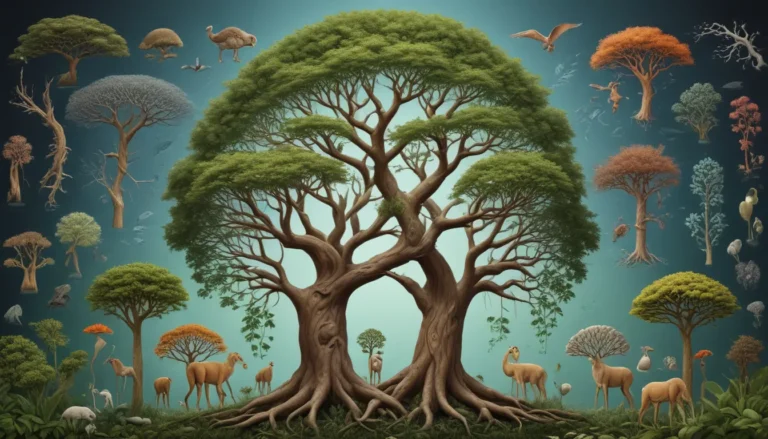A Note About Images: The images used in our articles are for illustration purposes only and may not exactly match the content. They are meant to engage readers, but the text should be relied upon for accurate information.
Are you ready to delve into the awe-inspiring world of brain development? The human brain is a remarkable organ that continues to baffle scientists and researchers with its complexity and capabilities. From the moment of conception to old age, the brain undergoes constant development, shaping our thoughts, emotions, and behavior. Understanding how the brain evolves is key to unraveling the mysteries of human cognition and behavior.
The Intricate Complexity of the Brain
The brain is the most complex organ in the human body, consisting of billions of neurons and trillions of connections. Its unparalleled complexity makes it a captivating and intriguing organ, with an incredible capacity for growth and adaptation.
Journey of Brain Development Begins in the Womb
The development of the brain commences as early as the third week of gestation. By the time a baby is born, billions of neurons have already formed, laying the groundwork for future growth and cognitive abilities.
Lifelong Growth and Evolution of the Brain
Contrary to common belief, brain development does not halt in adolescence. Significant growth and refinement continue well into our 20s, particularly in the prefrontal cortex, responsible for decision-making and impulse control.
- Key Takeaways:
- The brain’s complexity and continuous development are influenced by music, exercise, and environmental factors.
- Early experiences, nutrition, and sleep play vital roles in shaping brain development.
Music: A Powerful Influence on Brain Development
Listening to music and playing musical instruments have been shown to enhance brain development in various ways. It can improve language skills, spatial-temporal reasoning, memory, and overall cognitive abilities.
Birth of Babies: A Remarkable Beginning
At birth, babies possess approximately 100 billion neurons, almost all the brain cells they will ever have. However, the connections between neurons, known as synapses, continue to proliferate and strengthen throughout childhood.
Influence of Early Childhood Experiences
The early years of a child’s life are critical for brain development. Positive experiences, nurturing relationships, and stimulating environments profoundly impact neural pathways and cognitive abilities.
Teenage Brain Development: A Stage of Risk-Taking
Adolescent brains undergo significant changes, leading to an increased inclination for risk-taking and impulsive behavior. The prefrontal cortex, responsible for weighing consequences and controlling impulses, is still developing during this phase.
Exercise: A Booster for Brain Development
Regular physical activity benefits not only physical health but also brain development. Improved memory, attention, and overall cognitive function are linked to exercise, thanks to increased blood flow and growth factor release in the brain.
- The brain’s neuroplasticity enables lifelong learning and adaptation.
The Vital Role of Sleep in Brain Development
Adequate sleep is crucial for brain development, especially in children and adolescents. During sleep, the brain reinforces memories, strengthens connections, and rejuvenates, enhancing overall cognitive function and mental well-being.
Impact of Environmental Factors on Brain Development
Exposure to toxins, stress, neglect, and adverse environmental elements can negatively affect brain development. Providing safe and nurturing environments is essential for optimal brain growth in children.
Nutrition: A Key Player in Brain Development
A well-rounded diet rich in essential fatty acids, vitamins, minerals, and antioxidants is crucial for supporting healthy brain development and optimal cognitive abilities.
Brain Development: A Lifelong Journey
Brain development is not confined to early childhood or adolescence; it continues throughout life. Engaging in activities that challenge the brain and promote learning can support ongoing cognitive health and development.
FAQs on Brain Development
- Critical Period for Brain Development: The most sensitive window for brain development is typically during early childhood, between ages 0-5, when rapid growth occurs.
- Nutrition and Brain Development: Proper nutrition provides essential nutrients for healthy brain cell development and neural connections.
- Genetics’ Influence on Brain Development: Genetic factors can impact brain structure and function, affecting cognitive abilities and behavior.
- Environmental Impact on Brain Development: Positive environments and experiences can enhance brain development, while stress and toxins can inhibit growth.
- Continued Brain Development in Adulthood: Neural plasticity allows the brain to adapt and develop throughout adulthood, supporting lifelong learning and growth.
Conclusion: The Ever-Evolving Brain
In conclusion, the development of the brain is a captivating journey that starts before birth and continues throughout life. Understanding the factors that influence brain growth enables us to create nurturing environments for optimal development. The human brain’s extraordinary capacity for learning, adaptation, and evolution highlights the incredible potential within each of us.
Brain development is enthralling, with synaptic plasticity and genomic imprinting shaping our minds in unique ways. Delve into the surprising facets of board games for a deeper insight into cognitive growth.
Trustworthy and Engaging Content
Our commitment to delivering credible and captivating content drives our mission to provide insightful facts contributed by real users. From brain development to cognitive abilities, explore with us and trust in our dedication to quality and authenticity.






